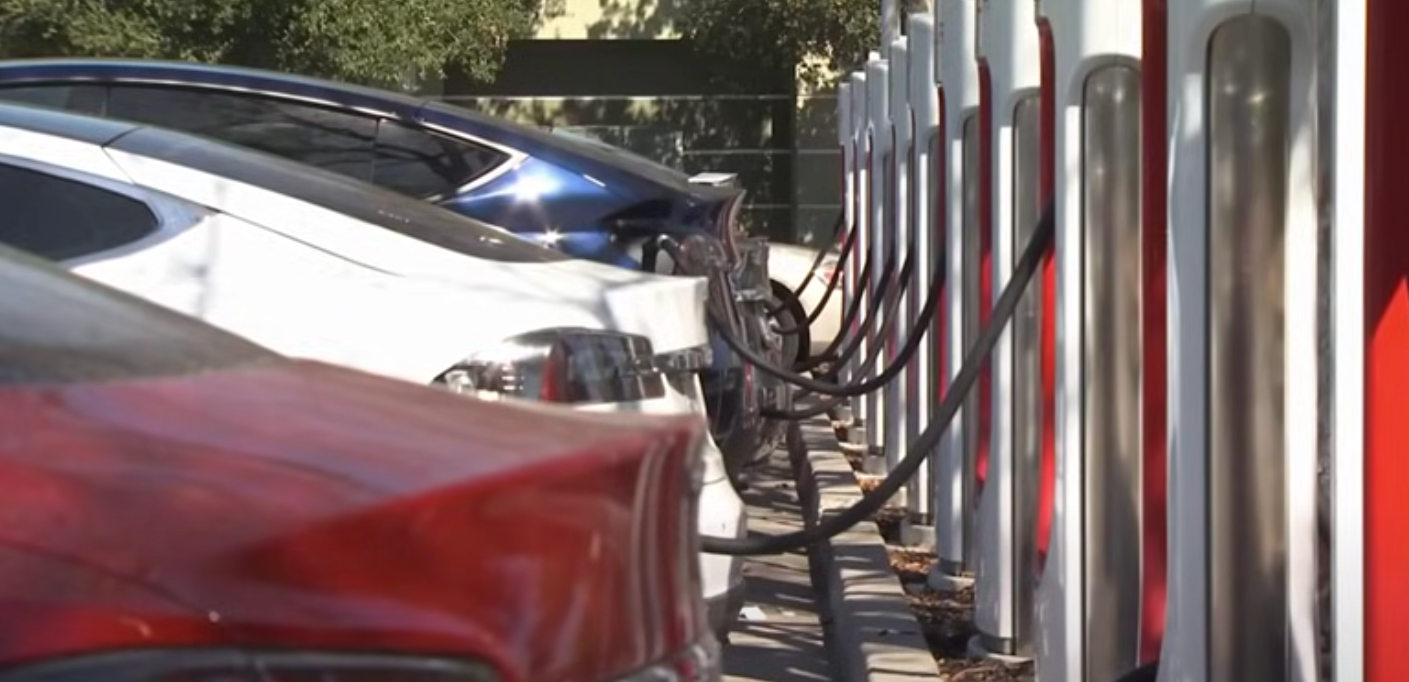Automakers are scaling back electric vehicle plans amid declining enthusiasm.
While EVs made up 7.6% of US car sales in 2021 and are projected to rise to 30-39% by 2030, numerous issues have emerged.
Consumers are finding EVs don’t last as long on a charge as advertised and cities lack sufficient charging infrastructure.
Even Tesla expects lower growth rates. Hybrids offering both gas and electric are gaining popularity as a more practical option.
Analysts note hybrid sales growing 5x faster than EVs in the US currently.
Early adopter enthusiasm has waned as normal consumers prove more cautious about high costs and range anxiety.
The Biden administration still plans strict fuel standards, despite automakers warning the requirements exceed feasibility and would cost billions in fines, costs that would be passed to consumers.
The realities of EVs and infrastructure have not kept pace with lofty projections, dampening “euphoria” around the electric transition.
“Automakers from Ford Motor and General Motors to Mercedes-Benz, Volkswagen, Jaguar Land Rover and Aston Martin are scaling back or delaying their electric vehicle plans,” reports CNBC.
The headline says it all: “EV euphoria is dead. Automakers are scaling back or delaying their electric vehicle plans.”
Yeah, there’s a shock.
Gee, why-oh-why would people not want to purchase a super-expensive vehicle that can take more than an hour to charge — and that’s if you can find a charging station?
For years, the automotive industry has been in a state of EV euphoria. Automakers trotted out optimistic sales forecasts for electric models and announced ambitious targets for EV growth. Wall Street boosted valuations for legacy automakers and startup entrants alike, based in part on their visions for an EV future.
Now the hype is dwindling, and companies are again cheering consumer choice. Automakers from Ford Motor and General Motors to Mercedes-Benz, Volkswagen, Jaguar Land Rover and Aston Martin are scaling back or delaying their electric vehicle plans.
Even U.S. EV leader Tesla, which is estimated to have accounted for 55% of EV sales in the country in 2023, is bracing for what “may be a notably lower” rate of growth, CEO Elon Musk said in late January.
There is a host of other problems. Consumers are discovering a fully charged car does not last for as many miles as advertised. Cities are discovering their electric grids are in no shape to handle all the extra juice needed to power millions of electric vehicles.
EV sales are still expected to increase. Last year, they represented 1.2 million sales in the U.S. or 7.6 percent of total car sales. By 2030, that number is expected to climb somewhere between 30 and 39 percent (which still seems Pollyanna-ish to me). The movement now appears to be towards hybrids, which offer the best of both worlds. You have your battery and your gas-powered engine as a backup.
“EVs may be ‘the future’ but are struggling in the present,” per Morgan Stanley analyst Adam Jonas. “Hybrid sales are growing 5x faster than EVs in the US.”
The early adopters, the smug environmentalists and the trendy rich, have already bought in. Now, the car manufacturers have to encourage normal people, and we’re a little more circumspect. Do these cars really save you money? Sure, but only if you drive enough miles over ten whole years. At the same time, while EVs can cost less to maintain, they can also cost more to repair.
If you have a set routine, I get it. You unplug, drive from home to work, to the grocery store, to the gym, back to home, and plug back in. That makes sense for an EV. But the moment you have to drive outside of that comfort zone, it’s stress-out time. Will I find a charger along my route? Will the charger work? Will there be a line? How long will it take?
No thanks.
Naturally, the leftist Biden administration still plans to force the car industry into adopting impossible fuel standards and fining them billions if not met.
The Allance for Automotive Innovation weighed in:
The Alliance for Automotive Innovation, which represents General Motors, Toyota Motor, Volkswagen, Hyundai and others, said the National Highway Traffic Safety Administration Corporate Average Fuel Economy proposal “exceeds maximum feasibility” and that the agency projects “manufacturers will pay over $14 billion in non-compliance penalties between 2027 and 2032.”
Another estimate says, “such regulations would cost GM $6.5 billion in fines and Jeep parent Stellantis $3 billion. Ford’s “penalties would total about $1 billion.”
All of this, of course, will be passed on to the consumer, to you, and to me.
This is the Green Religion, a fanatical faith that has nothing to do with science or economics. Democrats refuse to increase their electric grid even as they demand we buy electric cars that put more demand on the electric grid.
Read Also:
Bombshell Decision from Michelle Obama on 2024 Run
Former Border Chief Shreds Biden With 4 Simple Words


